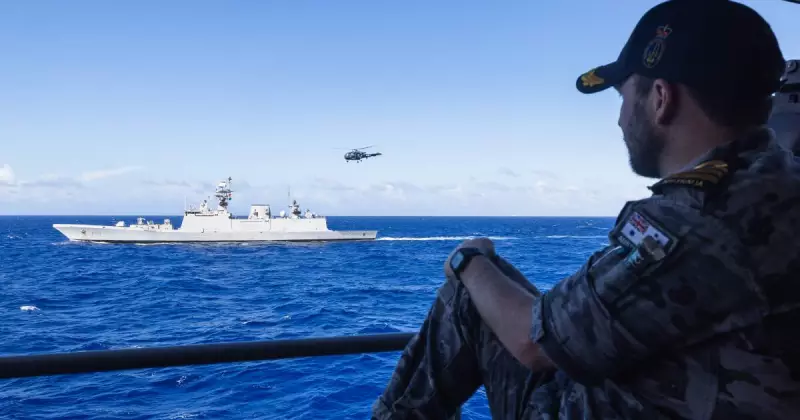
Australia's unique geography has always defined its defence approach, but according to defence expert Professor Clive Williams, the national conversation about security is dangerously misdirected. The real threat facing Australia isn't military invasion but something far more fundamental: our dependence on overseas supply chains for essential goods.
The Myth of Invasion and Real Vulnerabilities
Unlike conflict zones like Ukraine or Taiwan, Australia faces no realistic prospect of large-scale invasion. No regional power currently possesses, or is likely to develop in the foreseeable future, the amphibious capability required to mount such an operation against a vast island nation thousands of kilometres from major powers.
Australia's 2024 National Defence Strategy explicitly acknowledges that "an invasion of Australia is an unlikely prospect," instead prioritising denial of access to sea and air approaches over continental defence. Both the NDS and the 2023 Defence Strategic Review emphasise deterrence by denial and regional stability rather than repelling border incursions.
The genuine vulnerability lies in Australia's heavy reliance on imports for critical supplies. Much of what powers the Australian economy arrives by sea or air: fuel, pharmaceuticals, machinery, fertiliser, electronics, and key industrial inputs. In any regional crisis, it won't be landing forces that threaten Australia but interruptions to these economic lifelines.
Fuel Security: Australia's Achilles Heel
Perhaps the most concerning vulnerability remains Australia's fuel security situation. The country maintains fuel stocks far below the 90 days of import coverage required by the International Energy Agency. Depending on fuel type and measurement methods, Australia holds only 20-60 days of supply, with particularly low levels of diesel and jet fuel.
Compounding the problem, Australia imports approximately 90 per cent of its refined fuels. The country also counts fuel held in the United States toward its IEA obligations - stock that may prove practically inaccessible during a regional crisis.
Without adequate fuel supplies, transport, agriculture, emergency services, and even the Australian Defence Force would grind to a halt. The situation echoes lessons from Ukraine, where attacking adversary logistics - including fuel supply - proved effective when direct engagement was costly.
Building National Resilience Beyond Traditional Defence
Modern defence requires more than military capability alone. Ukraine demonstrates that resilience represents a whole-of-nation effort involving government, industry, communities, and individuals.
Priority areas for Australia include hardening and dispersing fuel storage, securing minimum refining capacity, expanding synthetic and biofuel use, and protecting maritime fuel supply routes with alliance partners. The central defence task becomes keeping trade flowing rather than invading other nations.
National resilience also demands domestic industrial capability - not to match great powers but to produce sufficient missiles, spare parts, drones, and medical supplies to operate when global supply chains tighten. It requires adequate cyber capacity to protect critical infrastructure and redundancy in communications and energy systems to survive single-point failures.
The Australian Defence Force cannot single-handedly fix ports, stock supermarkets, or maintain broadband networks during crises. That requires comprehensive national planning and political commitment to building a resilient nation: fuel-secure, defence-secure, trade-secure, and cyber-secure.
Australia's geographical remoteness provides protection only if the nation can withstand disruption and isolation. The real defence challenge isn't repelling invaders but ensuring the country continues functioning during regional crises that disrupt the essential supplies that keep Australia running.





